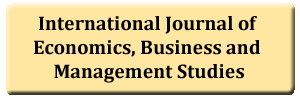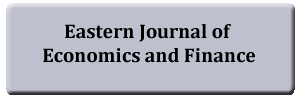An Analysis of Experiential Learning During Language Learning: A Case Study of Undergraduates from a Japanese University
DOI:
https://doi.org/10.20448/801.52.260.271Keywords:
Edutourism, Concrete experience, Reflective observation, Abstract conceptualization, Active experimentation.Abstract
Students who participated in edutourism programmes benefitted more than normal tourists do; and gain more content than students in classroom do. Tourists enjoyed the places the visit, understood new culture and learn to assimilate with the new environment. Students who participated in edutourism gained content knowledge that was planned for then while at the same time enjoying new environment, and also learnt new culture. This study explored how the language activities in an edutourism programme carried benfitted the participants in more than just what was planned for them. Specifically, the benfits they gained mirrored the gains of experiential learning. 20 students participated in the study and responded to an open-ended questionnaire. The open-ended questionnaire was given at the end of the 4 weeks programme. Findings revealed that the participants gained concrete experience, participate din reflective observation, learn through abstract conceptualization, and also experienced active experimentation. Implications of the study bear interesting implications for future edutourism programmes.




